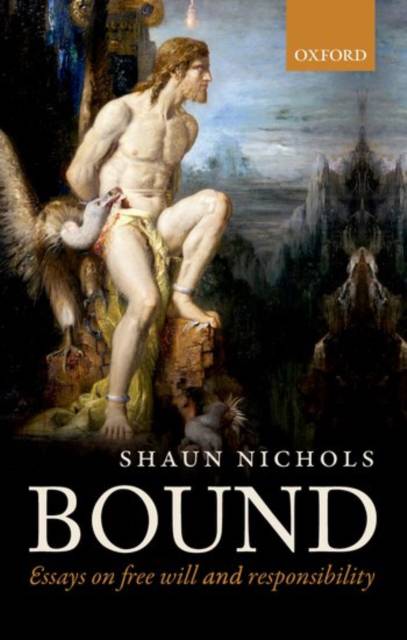
- Retrait gratuit dans votre magasin Club
- 7.000.000 titres dans notre catalogue
- Payer en toute sécurité
- Toujours un magasin près de chez vous
- Retrait gratuit dans votre magasin Club
- 7.000.0000 titres dans notre catalogue
- Payer en toute sécurité
- Toujours un magasin près de chez vous
41,45 €
+ 82 points
Description
Shaun Nichols offers a naturalistic, psychological account of the origins of the problem of free will. He argues that our belief in indeterminist choice is grounded in faulty inference and therefore unjustified, goes on to suggest that there is no single answer to whether free will exists, and promotes a pragmatic approach to prescriptive issues.
Spécifications
Parties prenantes
- Auteur(s) :
- Editeur:
Contenu
- Nombre de pages :
- 200
Caractéristiques
- EAN:
- 9780198801313
- Date de parution :
- 01-06-17
- Format:
- Livre broché
- Dimensions :
- 214 mm x 137 mm
- Poids :
- 258 g

Les avis
Nous publions uniquement les avis qui respectent les conditions requises. Consultez nos conditions pour les avis.






